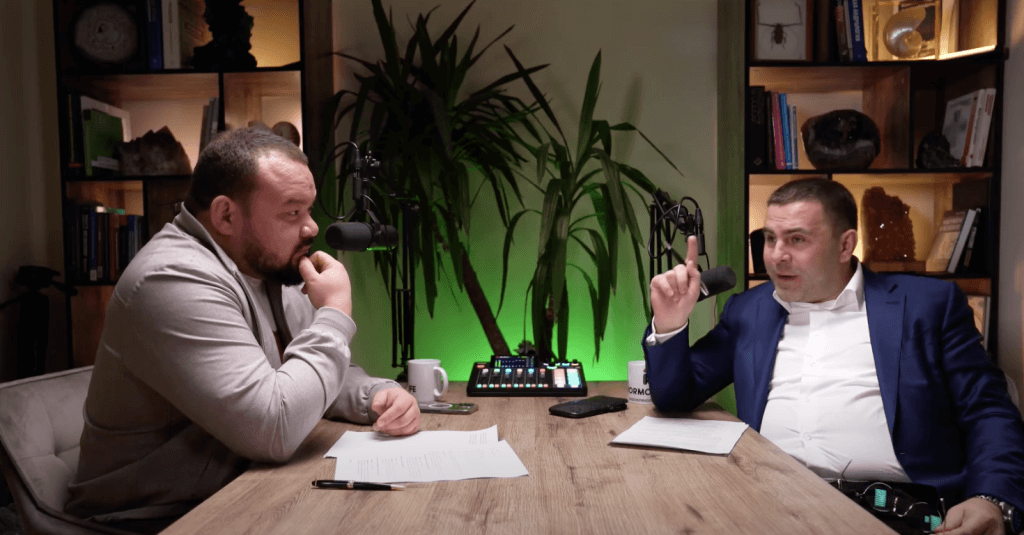OpenAI recently wrapped up its “12 Days of OpenAI” unveiling groundbreaking features designed to enhance productivity and creativity across various fields. Among these innovations, several features hold immense potential for improving psychological practices. Here’s how psychologists can integrate these tools into their work.

1. OpenAI o1: Advanced Insights and Image Analysis
The release of OpenAI o1 provides faster, more accurate reasoning capabilities. Psychologists can use it to analyze client data, such as progress reports or assessments, and even interpret visual inputs like graphs or diagrams. This model’s precision can support evidence-based interventions and better documentation.
2. Sora for Creative Therapy
Sora, OpenAI’s video generation model, offers a creative outlet for therapeutic practices. Psychologists can design guided meditation videos, create calming visual aids, or enable clients to express emotions through video storytelling. This tool fosters creativity and emotional exploration, particularly in art or drama therapy.
3. Canvas: Seamless Collaboration for Case Studies
Canvas allows psychologists to collaborate effectively on complex cases. It can streamline the writing of reports or session notes, troubleshoot coding for research tools, and refine treatment plans. The ability to execute Python code directly within Canvas adds a layer of technical efficiency for research-driven psychologists.
4. Integration with Apple Intelligence
Psychologists who use Apple devices can now harness ChatGPT directly within native writing tools. Whether drafting treatment plans, client summaries, or academic papers, this integration reduces workflow disruptions and ensures seamless editing and refinement.

5. Santa Mode: Building Trust in Child Therapy
Santa Mode introduces a playful, engaging way to connect with children during therapy sessions. Psychologists can use this feature to make sessions more interactive and fun, helping young clients feel comfortable while discussing their thoughts and feelings.
6. Advanced Voice Support for Real-Time Context
The inclusion of video, screen sharing, and search in Advanced Voice enables psychologists to provide real-time telehealth consultations. They can share resources, explain concepts visually, and collaborate on treatment goals with clients remotely.
7. Projects for Organized Client Management
The Projects feature helps psychologists centralize client files, session notes, and ongoing research. This tool ensures continuity in care and eliminates the hassle of switching between multiple chats or documents. It’s ideal for managing long-term therapy plans and group sessions.
8. Expanded App Integrations
With support for note-taking and coding apps, ChatGPT now integrates with tools like Notion and Apple Notes. Psychologists can directly annotate client sessions, create resource libraries, or manage research data efficiently.
9. Video Creation for Psychoeducation
Sora’s ability to generate videos allows psychologists to create custom psychoeducational materials. Topics like coping strategies, emotional regulation, or mindfulness techniques can be transformed into engaging, client-specific videos.
10. Interactive Dashboards for Behavioral Tracking
OpenAI o1’s image analysis capabilities can explain and analyze behavioral tracking dashboards. This feature aids psychologists in interpreting complex data from wearable devices or apps used to monitor client habits and progress.
11. Streamlined Documentation with Canvas in GPTs
The integration of Canvas into custom GPTs ensures that psychologists can craft personalized, accurate documents for clients. Whether drafting a therapeutic letter or summarizing research, the tool’s capabilities enhance clarity and precision.
12. Enhanced Client Engagement Through Voice Tools
Advanced voice capabilities enable psychologists to use conversational AI to simulate role-playing scenarios, practice social skills, or provide affirmations. These tools make therapy sessions more dynamic and interactive.
Transforming Psychological Practice
These 12 features from OpenAI offer psychologists innovative ways to enhance client care, streamline workflows, and expand their practice’s reach. Whether you’re in clinical settings, research, or private practice, these tools can help you deliver more effective, engaging, and evidence-based psychological services.













